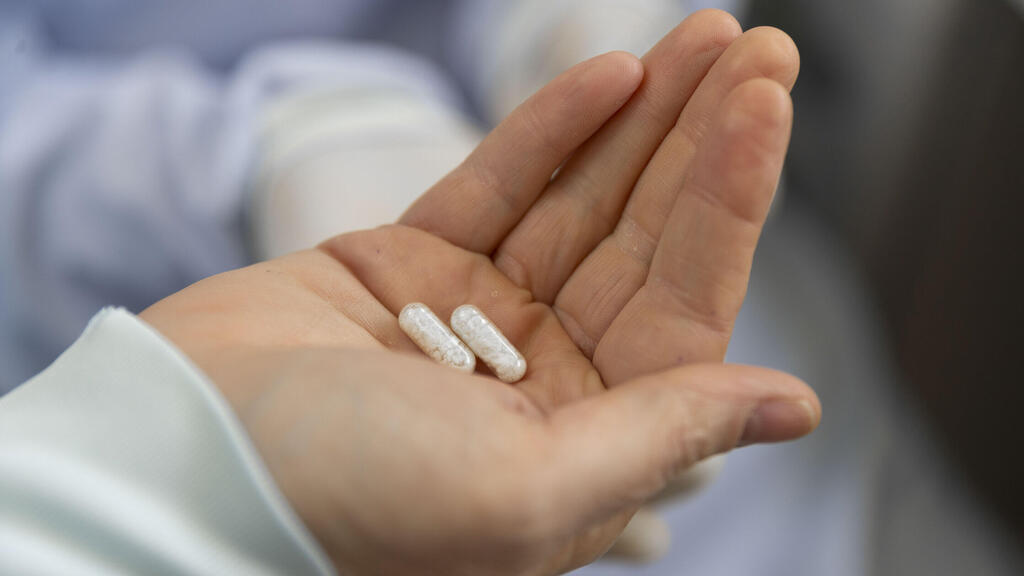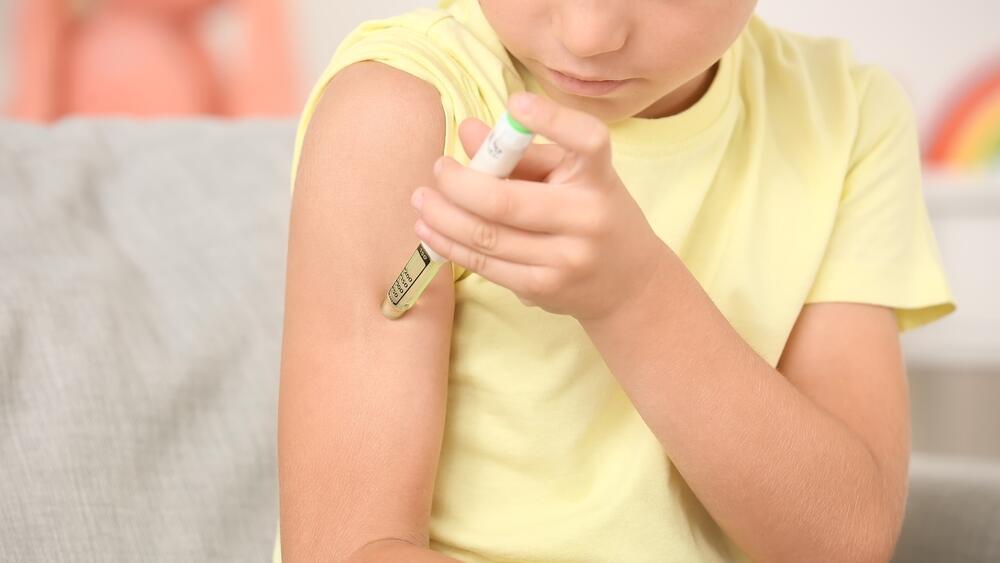Getting your Trinity Audio player ready...
One of the main challenges for diabetes patients who have to inject insulin daily is consistency. Studies indicate that many struggle to keep up with this daily task, directly impacting their health. A new development that allows insulin to be taken orally might just solve this problem and make insulin intake entirely straightforward.
An estimated 422 million people worldwide suffer from diabetes, 150 million of them injecting insulin daily. Approximately 1.5 million deaths are directly attributed to diabetes each year, a significant figure underscoring the importance of the issue.
The oral intake method, tested so far on mice, hamsters, and rabbits as part of research published in the journal Nature Nanotechnology, has yielded encouraging results. The experiments on animals showed that the new method responds to sugar levels in the body. Insulin was released when blood sugar levels were high, but importantly, not when they were low.
Is it in pill form or syrup?
Oral insulin intake is facilitated through capsules containing an extremely tiny material - 1/10,000 the width of a human hair. Thanks to this new method, insulin is released gradually according to the patient's needs, unlike injections where all the insulin is released in one shot.
Therefore, the new method operates similarly to how insulin works in healthy individuals, with the capsule coating protecting the substance from degradation that may occur due to contact with stomach acid. "The most significant advantage of oral insulin is primarily the potential improvement in therapeutic compliance," explains Dr. Lior Noyman, a family medicine specialist, obesity, and diabetes physician.
"While there has been tremendous progress in diabetes treatment over the past 100 years since insulin was discovered, in Israel and most of the Western world, this medication is still administered only by subcutaneous injection - whether by injection pen, syringe, or pump. This fact poses a significant problem of compliance among diabetes patients, or in other words, a decrease in their willingness to accept and adhere to the treatment recommended by their doctor."
Who is it for?
"First and foremost, we're talking about patients with type 1 diabetes, many of whom are adolescents and young adults, who must receive insulin externally due to irreversible damage to their beta cells in the pancreas. However, they struggle immensely with the fact that they are required to inject it regularly throughout their lives several times a day or carry an insulin pump, with all the physical and emotional implications that come with it. It's worth noting that in the United States, there is already a short-acting insulin powder inhalation device available on the market, similar to those used by asthma patients, but it's unclear if and when this device will be available in Israel."
Expected to be in use within the next few years
Human trials are anticipated to commence next year under the leadership of the spin-off company Endo Axiom Pty Ltd, founded by Professors Victoria Koger, David La Couture, and Dr. Nicholas Hahn after 20 years of research. Their goal is to eventually market the new method for use within two to three years, following three stages of experimentation.
Another Israeli company named Ormed has been working on a similar solution for about 20 years. Just over a year ago, it announced the failure of Phase 3 of its insulin formulation clinical trial. About three months ago, it announced that it is in talks to renew the clinical trial. This comes after clarifications suggesting that the drug was effective in specific subpopulations with certain medical parameters.




